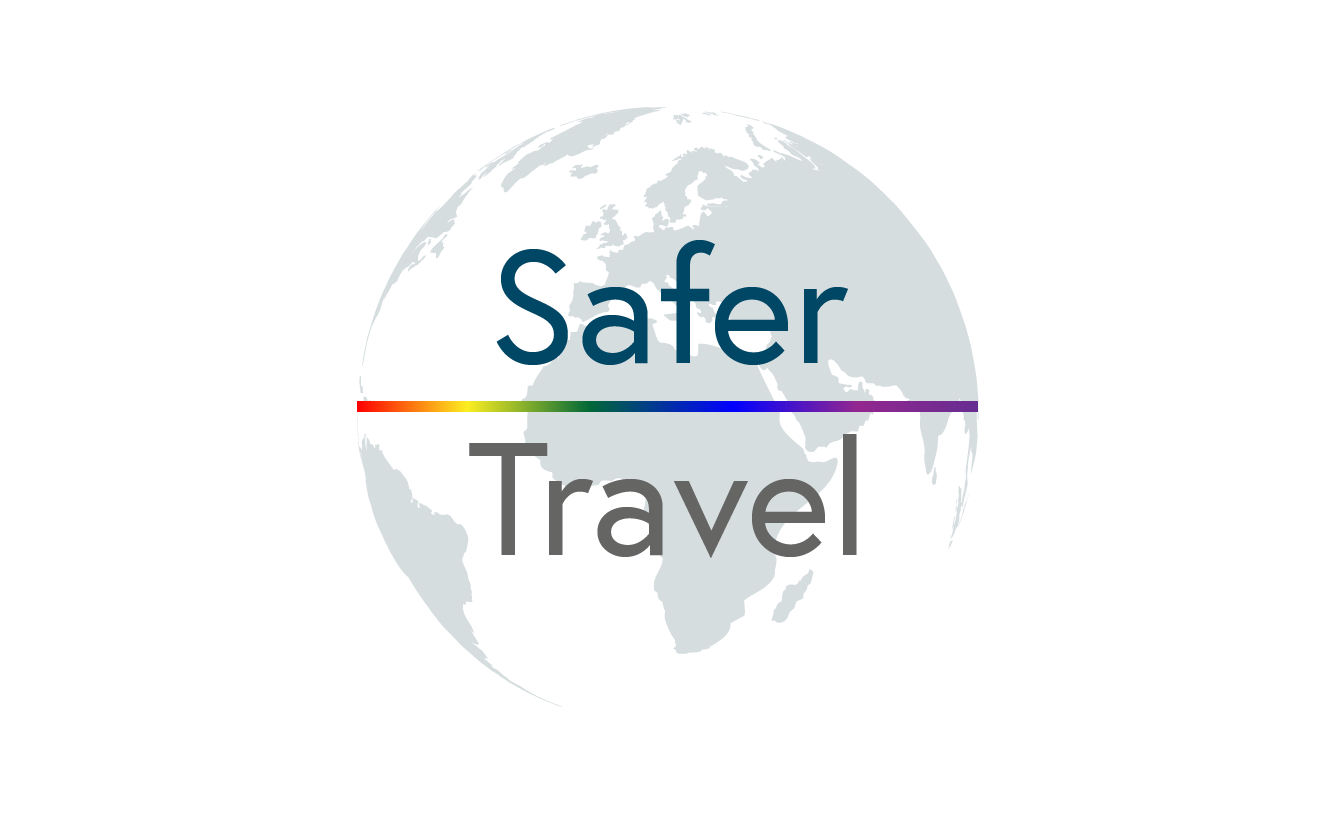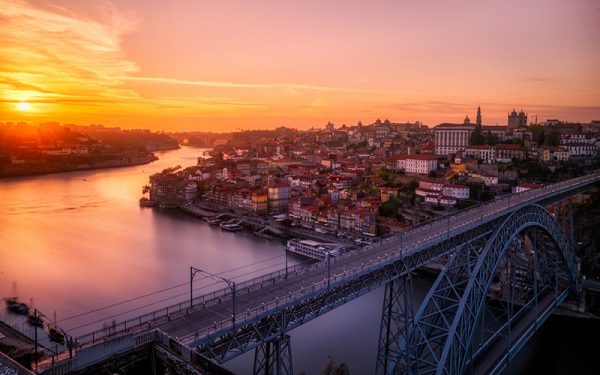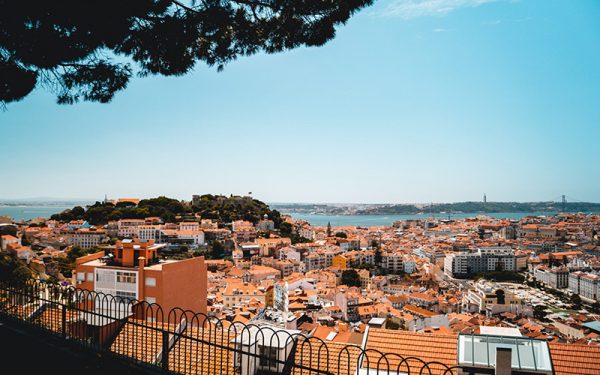Portugal
Details
Before visiting any country make sure you know the basics. General details and important information.
- Emergency Services: 112
- Language: Portuguese
- Currency: Euro
- Capital City: Lisbon
- Country Code: PTT
- Travel Visa: None required
- Population: 10,163,207
- Driving: Right hand side
Risk Level
Researching various official sources, we perceive the risk to holiday makers and travellers are as follows;
Travellers Tips
Top travel advice and interesting tip bits of information from experienced travellers.
Portugal
What are some of the national annual events?
Carnaval, held during the last few days before Lent, is a lively event filled with parades, funfairs and extraordinary costumes. You’ll find the biggest parties in Lisbon, Loule, Nazare, Ovar and Viana do Castelo. However, entrudo, the final day, is the one not to be missed. Make your way to Parque Nações (Metro Station Oriente) in Lisbon around 3pm to enjoy free events and entertainment, such as street theatre and parades that will last well into the evening. Along the coast, there are other parties in Estoril and Cascais.
If you’re in Portugal from the end of March to the beginning of April, keep looking up at the sky. Every year, the country holds a hot air balloon race, with numerous competitors travelling from a variety of continents to take part. The balloons journey from Vila Pouca de Aguiar to Loulé in the Argarve, making pitstops at Braga and Guimarães in the Minho, Porto in the Douro, Santarém in the Ribatejo and Estremoz in the Alentejo. The balloons usually take flight at 7am each day are arrive in the next town by 5pm. Loulé usually holds a big party to celebrate the end of a successful and enjoyable flight on the last day.
Easter Festival
Easter Sunday is enthusiastically celebrated in all over the country during the high-spirited Easter Festival. The town’s men run through the streets shouting “Hallelujah!” whilst carrying decorated torches on their way to the Parish Church. When they reach their destination, flowers are carefully laid out on the floor in order for the priest to walk over them.
Bullfighting Season
Bullfighting season begins in June at various Bullrings around the country, bullfights been a big part of the National Agricultural Fair, the season finishes at the end of September. Portuguese bullfighting is somewhat more humane than its Spanish equivalent, as the bull is not killed at the end.
What crimes are common in Portugal?
Like is most major cities the most common crime reported by tourists is theft. Opportunists are not normally violent but will try to get cash or valuables from your person. Take extra care in busy areas like the metro, trains, buses and shopping areas where there are large crowds and busy people.
Public transportation is usually considered to be safe and reliable, although there are occasionally reports of youth gangs accosting passengers on trains during the summer.
When parking, especially in rental cars and vehicles that are clearly from out of town or foreign, always remove any visible personal belongings. These types of vehicles are frequently targeted for break-ins, especially as they are usually parked in popular tourist areas and beaches.
Have you got any tips for visiting Portugal?
Speed Limits
Different speed limits are set on different roads to keep you and other drivers safe. Make sure you look out for the speed signs and know what they are in the country you are visiting, a lot of the secondary roads were not built for the traffic and fast cars of today.
Getting Your Bearings
Familiarise yourself with your surroundings before setting out for the day, study at a city map so you have an idea of where you are going and you don’t have to pull it out at every corner. Carry yourself with confidence when walking around a city and that you know where you are going. When absorbed in the sights try to be mindful of your belongings and surroundings.
Big Cities
If travelling in a big city study the public transport system, its the quickest way to get around but can be confusing. Arrange a time and meeting place with your friends if you go off by yourself and a back up plan in case you miss each other. Don’t rely on phones as sometimes there is no signal and calls can be expensive when aboard.
Banks
Inform your bank you will be leaving the country and how long you will be travelling for so they don’t cause you problems by putting a block on your cards. Remember to keep your pin numbers safe and be discrete when using cash points, it is possible you can be watched at cash points or inside a bank.
Taxis
Taxis: Taxis are reliable, but be alert to possible discrepancies between the amount stated by the driver and the fare on the meter. Make sure the driver always uses the meter.
Does the country have any customs and traditions?
Food Culture
Portugal has many specialities and are famous for pastéis de nata (custard tarts), many wonderful regional cheeses, bacalhau which is a salted cod. The country also has a great variety of meat and seafood dishes, as well as great wines. Many people visiting the country are delighted by the traditional culinary experiences.
Clothes
Portuguese clothes are often vivid and in bright colours. Women tend to wear bouffant long skirts in checkered or striped fabric (known as saia), whilst men wear shortened leggings (calsas), waistcoats and sombreros. Kerchiefs are an obligatory part of Portuguese women’s natural costume. Clothing styles may vary regionally.
Food Customs at Ceremonial Occasions
In rural households, the annual killing and preserving of pigs is one of the most important ceremonies. It usually occurs in either late December or early January over two days, as it involves making sausages, smoking ham (presunto) and salting various parts of the pig. The midday meal on the first day is called sarrabulho, and consists of the pig’s blood, rice and innards.




